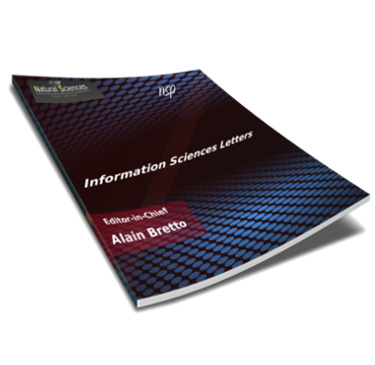
Information Sciences Letters
Abstract
This research used the case study method to investigate the mathematics teaching and learning conceptions of prospective mathematics teachers with a focus on three key aspects, namely Mathematical Beliefs " (Belief in Mathematics) " Mathematics Self-Efficacy " (Self-Confidence in Mathematics), and " Self-Efficacy in Teaching Mathematics" (Self-Confidence in Teaching Mathematics). The research method used is a qualitative approach using interviews as a data collection tool. Data collected from interviews was analyzed using thematic analysis. This analysis involved identifying thematic patterns in the data that reflect the research participants conceptions of teaching and learning mathematics. This research focused on understanding the participants frames of mind and identifying factors that influence their views and beliefs related to mathematics and teaching mathematics. The results of the research show that there is a complex relationship between these three factors. First, " Mathematical Positive beliefs , where mathematics is considered relevant in everyday life, influence the development of Mathematics Self-Efficacy ." Prospective mathematics teachers who see mathematics as a useful tool tend to have higher self-confidence in understanding mathematics. Second, " Mathematics Self-Efficacy ” has a significant impact on “ Self-Efficacy of Teaching Mathematics.” Prospective mathematics teachers who feel confident in their mathematics abilities also feel more confident in teaching mathematics concepts to students.
Recommended Citation
M. Panggabean, E.; Haryati, F.; and Maryanti, I.
(2023)
"Investigation of Math Beliefs, Self-Efficacy and Prospective Math Teachers Conceptions,"
Information Sciences Letters: Vol. 12
:
Iss.
11
, PP -.
Available at:
https://digitalcommons.aaru.edu.jo/isl/vol12/iss11/5

